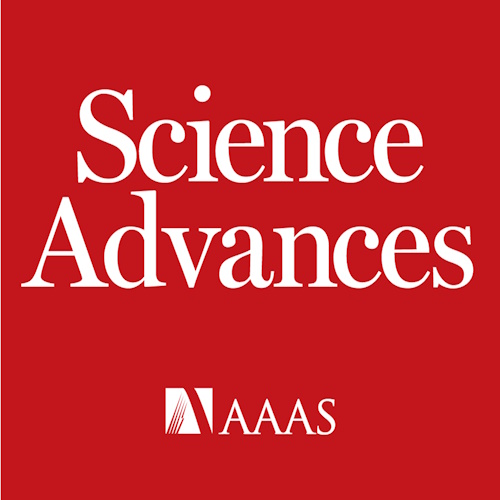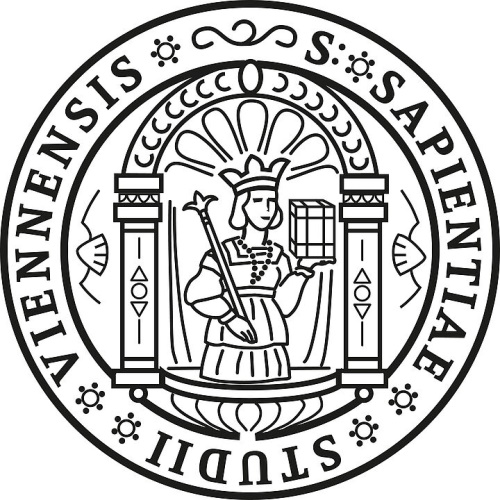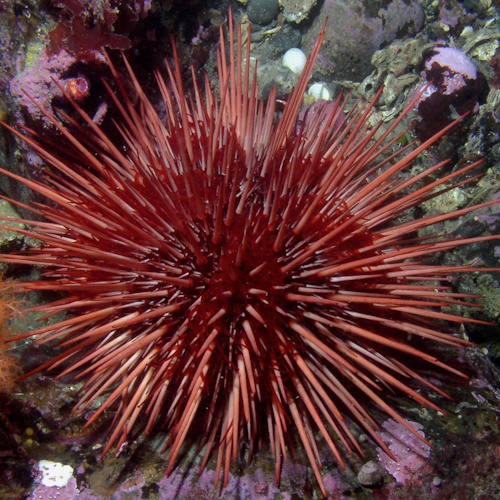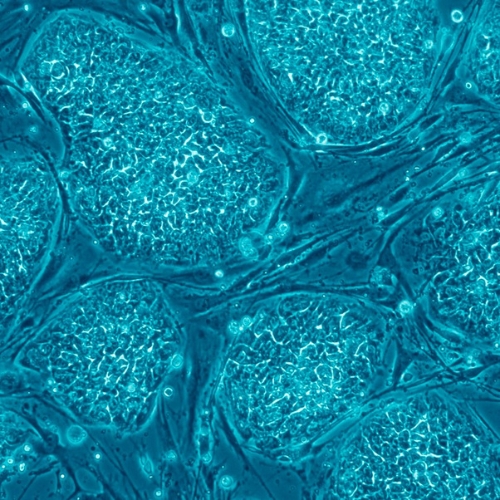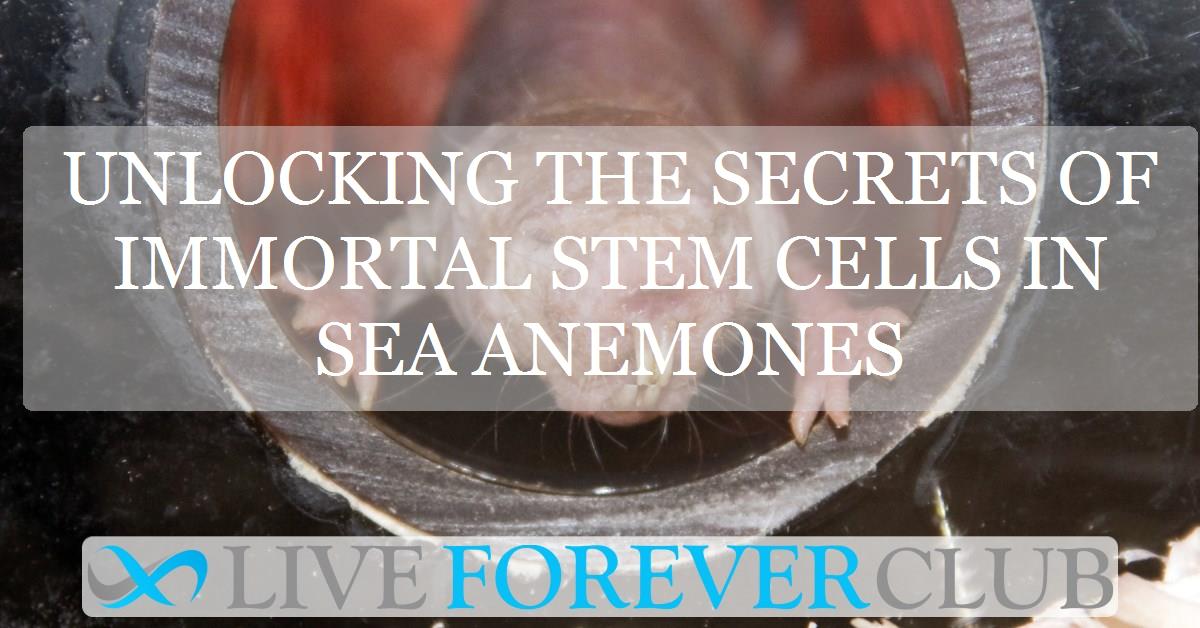Key points from article :
Researchers at the University of Vienna, led by developmental biologist Ulrich Technau, have made a groundbreaking discovery about the stem cells of the sea anemone Nematostella vectensis. Published in Science Advances, the study identifies potential multipotent stem cells in the sea anemone that may hold the key to understanding its ability to regenerate and avoid ageing. These findings could have significant implications for human ageing and regenerative medicine.
The team used advanced "Single Cell Genomics" techniques to identify these stem cells, which express highly conserved genes like nanos and piwi. In humans, these genes are typically involved in the formation of egg and sperm cells, but in ancient animal groups like cnidarians (which include sea anemones), they contribute to a high degree of regenerative ability. By mutating the nanos2 gene using CRISPR technology, the researchers confirmed its essential role in germ cell formation.
This research reveals that the gene functions involved in the development of germ cells are ancient, dating back around 600 million years. The findings highlight the extraordinary regenerative capacities of sea anemones, offering new insights into the potential immortality of certain stem cells and laying the groundwork for future studies into human stem cell therapies and ageing processes.
